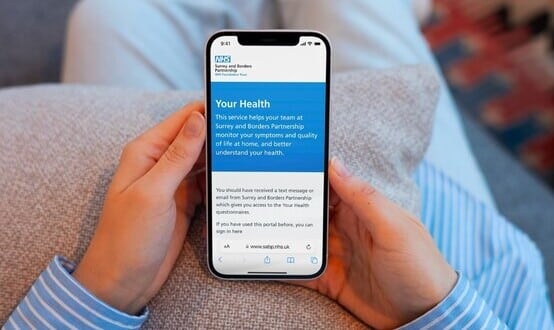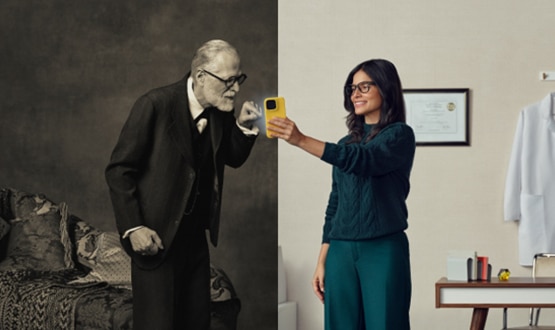“Millstone of History” Holds Back UK E-Health
- 31 October 2001
The UK health service is still struggling to adopt the information technology and business practices that will drag it out of the industrial era of hospital factories and into the information age model of virtual, patient-centric healthcare.
But why is the health service apparently unable to get to grips with proven technologies that became commonplace in manufacturing and service industries over the past decade? Health may be complex, but it is by no means unique.
According to Peter Yellowlees, professor of e-health at the University of Queensland, a key part of the problem is the deadening hand of history. "In the UK history and tradition is a real millstone," he told delegates at ‘The Future is e-Health Conference in London this week.
He points out that it is emerging countries like Malaysia and India and younger nations such as New Zealand and Australia that are making e-health a reality. The key he argues is to catch doctors early and train them with computers from the beginning of their medical education. Queensland University has been running an online medical degree for the past four years.
Dr Ricky Richardson, head of the UK Telemedicine Association, says that many in the medical profession continue to resist new technology as it threatens its power and status. "We’re not gods anymore but pawns in a game we don’t understand.”
He said that the medical model of care has essentially remained unchanged for 6,000 years: in which patients go to the doctor, who sees them for a few minutes and dispense their wisdom. "Its outrageous, it wouldn’t be permitted in any other industry."
Dr Richardson also believes that changing attitudes must begin with education. "The most important thing is to rethink undergraduate medical education".
The future, he believes, is about “putting patients at the centre of the healthcare process”, and building new kinds of primary care team. "With the informed patient of the future, the family doctor will act more like a wellness guardian."
The need for, and potential of, e-health was highlighted by Barbara Johnston, e-health manager with Californian health provider Kaiser Permanente (KP). She said ageing populations, growth in chronic diseases and the acute shortage of nurses in western societies meant that healthcare systems simply had no choice but to embrace telecare and e-health.
Pilot programmes by KP have found that using telecare cut the costs of treating patients at home by a half, are welcomed by patients and result in better outcomes. “It’s not a choice anymore,” said Johnston. "Disease management costs in the US are rising dramatically, that means more patients, more expense, and fewer resources."
She pointed to a January 2001 study by the Veterans Association on online mental health services that identified savings of 74% and a $28m US-Government funded diabetes telecare project in New York as evidence that e-health "is not just a claim anymore but an industry that is exploding".
However, the extent of the malaise afflicting NHS IT was highlighted by Shiv Tasker, chief executive of global online clinical trials firm PhaseForward. His firm had to intervene to provide UK doctors with broadband connections and up to date PCs so they could participate in online trials more often than it had to in the Ukraine and Poland.
Professor Yellowlees believes that part of the problem in the UK is that the "millstone of history", and laggards on technology adoption can be found in many of the leadership roles in the Department of Health and medical establishment.
“The cultural barriers are enormous and should never be underestimated,” said Dr Richardson, "but there are chinks of light…"
He points to the success of NHS Direct, with its nurse-led call centre model of care, and the strong backing for e-health given by the Welsh assembly which is investing in a network of 200 video conferencing stations.
Developments are happening in the UK and across the globe concluded Dr Richardson, but "England is being left behind."




